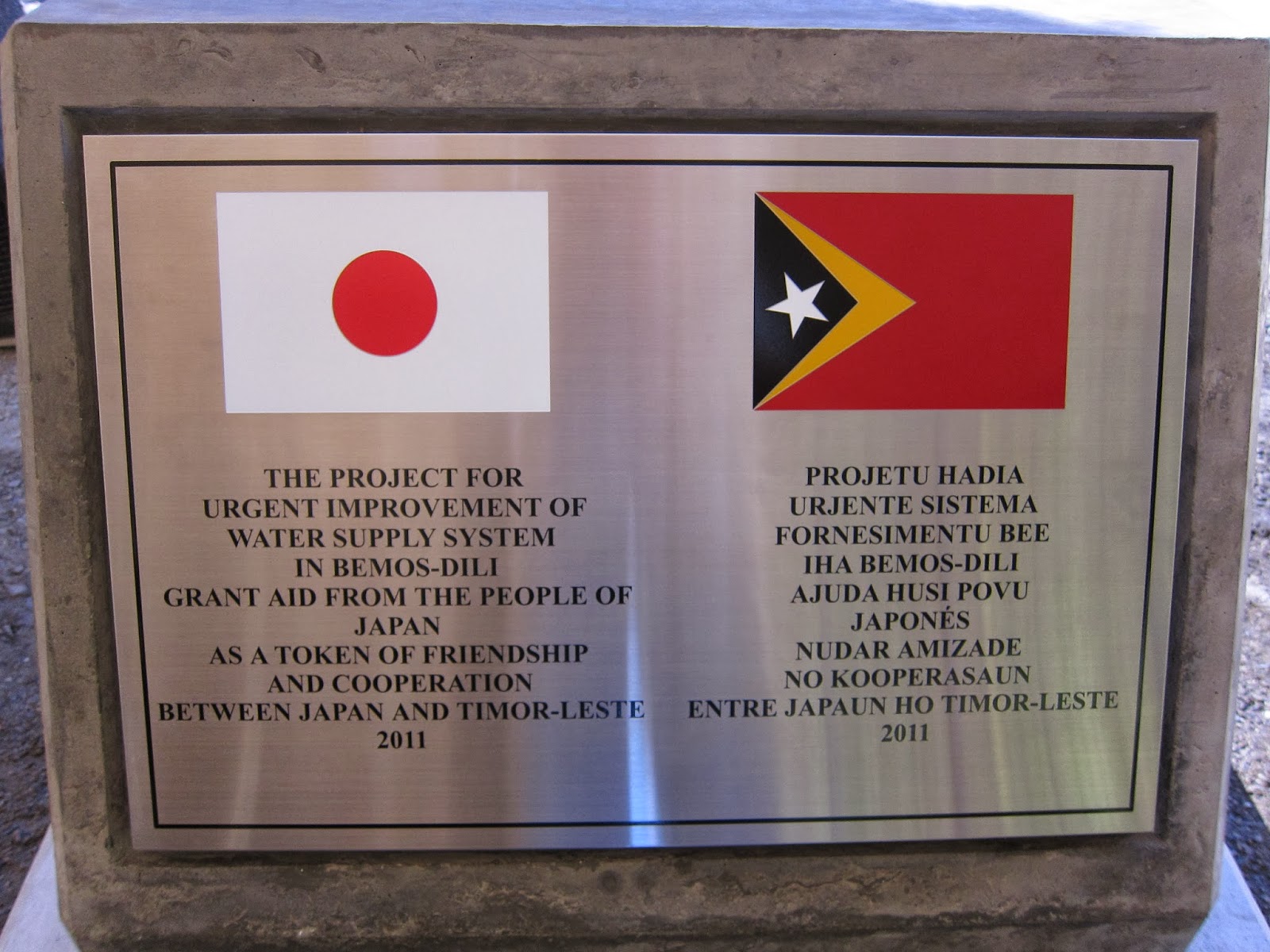Being a parent is tough. Most of us feel like we could do a better job, but resolving to be more patient rarely works. That's because sometimes the first step to being a better parent is actually about how we treat ourselves. We can only give what we have inside. And if we can't manage our own emotions, we can't expect our kids to learn to manage theirs.
Here are 10 Commitments that will make you a better parent – and a happier person.
1. Commit to taking care of yourself and staying centered so you can be the happy, patient, encouraging parent your child deserves.
That means integrating daily sustainable self-nurturing into your life: Go to bed earlier so you’re better rested, eat healthfully to maintain your mood, transform any inner negative voices into encouraging ones, and slow down your pace so you can enjoy your life. Most important of all is commit to manage yourself. When your emotions are deregulated, you’re in fight and your child looks like the enemy. Calm yourself before you engage with your child.
2. Commit to loving the one you’re with.
The one thing we know for certain about child development is that kids who feel loved and cherished thrive. That doesn’t mean kids who ARE loved – plenty of kids whose parents love them don’t thrive. The kids who thrive are the ones who FEEL loved and cherished for exactly who they are. Every child is unique, so it takes a different approach for that child to feel seen and loved. The hard work for us as parents is accepting who our child is, warts and all – and cherishing him or her for being that person, even while guiding behavior.
3. Commit to staying connected.
Separation happens. That’s why we have to repeatedly reconnect. Remember that quality time is about connection, not teaching, so it’s mostly unstructured. Hug your child first thing every morning and when you say goodbye. When you’re reunited later in the day, spend fifteen minutes solely focused on your child. (What do you do in that 15 minutes? Listen, commiserate, hug, roughhouse, laugh, listen some more.) Stop working before dinner time so you can devote your evening to your family. Eat dinner together. Have a chat and a silent snuggle at bedtime every night with each child.
4. Commit to role modeling respect.
Want to raise kids who are considerate and respectful, right through the teen years? Take a deep breath, and speak to them respectfully. Not always easy when you’re angry, so remember the cardinal rules of managing your emotions with kids: You’re the role model, don’t take it personally, and this too shall pass!
5. Commit to teaching emotional intelligence. In addition to modeling emotional self-management, we help kids learn to manage their emotions by:
• Teaching them to self-soothe. Contrary to what you may have heard, little ones don't learn to self-soothe by being left to cry. (That just creates an over-active amygdala and panic response later in life.) As anyone who has ever tried to calm herself down knows, soothing is a physiological process. When a baby cries and we soothe him, his body responds by sending out oxytocin and other soothing biochemical. What you see is that he calms down. What’s happening biologically is that he’s solidifying the neural pathways for these self-soothing hormones. That's how he develops the ability to soothe himself when he's upset.
• Giving them the message that their full range of feelings is understandable, even while their actions must be limited. (“You wish you could have a cookie”)
• Empathizing with their emotions.
• Listening to them when they have feelings to express. Occasionally this will take the form of words, and it helps to give kids words for their feelings: “You’re so mad!" But more often, children just need us to give them the safety of our loving presence while they cry or rage to vent their feelings. Often they won't be able to articulate what they're upset about, and it isn't necessary. But this helps kids learn to accept and process their emotions, so they can move past them rather than having to act on them. (That's what "acting out" means -- we act on our feelings rather than simply tolerating them as they sweep through us and dissipate.)
6. Commit to looking for the needs behind your child’s behavior.
Your kid has a reason for whatever he’s doing that displeases you. It might not be what you consider a good reason, but it’s what’s motivating his behavior. If yelling at him about his behavior was going to change it, which would have worked already. Only by addressing the underlying need we change a person’s behavior. Parents who address kids’ need pre-emptively by noticing problem areas (“Hmm….looks like she wants to choose her own clothes, even if they don’t match!”) are rewarded with kids who cooperate.
7. Commit to guidance rather than punishment.
Kids only behave to please us. When we constantly criticize and discipline, they harden their hearts to us. Parents who lead by loving example, address needs rather than focusing on misbehavior, redirect pre-emptively rather than punish (“You can throw the ball outside”), and set limits empathically (“You’re mad and sad, but we don’t hit. Let’s use your words to tell your brother how you feel”) end up with self-disciplined kids who WANT to behave.
8. Commit to remembering what’s important and an attitude of gratitude.
Stay positive and choose your battles. Every negative interaction with your child is uses up valuable relationship capital. Focus on what matters, such as the way your child treats her siblings. In the larger scheme of things, her jacket on the floor may drive you crazy, but it probably isn’t worth putting your relationship bank account in the red over. Be grateful for every single thing she does that you like, and you’ll find her doing lots more of those things.
9. Commit to radical self-acceptance and compassion.
Want to feel more love in your heart? Give it to yourself! Love is a verb. Yes, love can just happen – but we only make more (and feel more) by giving it away. And we can only give our children as much love as our own hearts can hold. Go ahead – stretch your heart. Every time you feel bad, for any reason, offer yourself love. You’ll be amazed how your life transforms.
 |
| Source: everywhere |
10. Keep Perspective. Sure, your kids will make mistakes, and so will you. There are no perfect parents, no perfect children, and no perfect families. But there are families who live in the embrace of great love, where everyone thrives. The only way to create that kind of family is to make daily choices that take you in that direction. It's not magic, just the hard work of course correction to stay on the right path. But if you look for it, you can always find trail marks and support to beckon you onward to a more rewarding life. Just keep taking positive steps. Before you know it, you'll find yourself in a whole new landscape.







